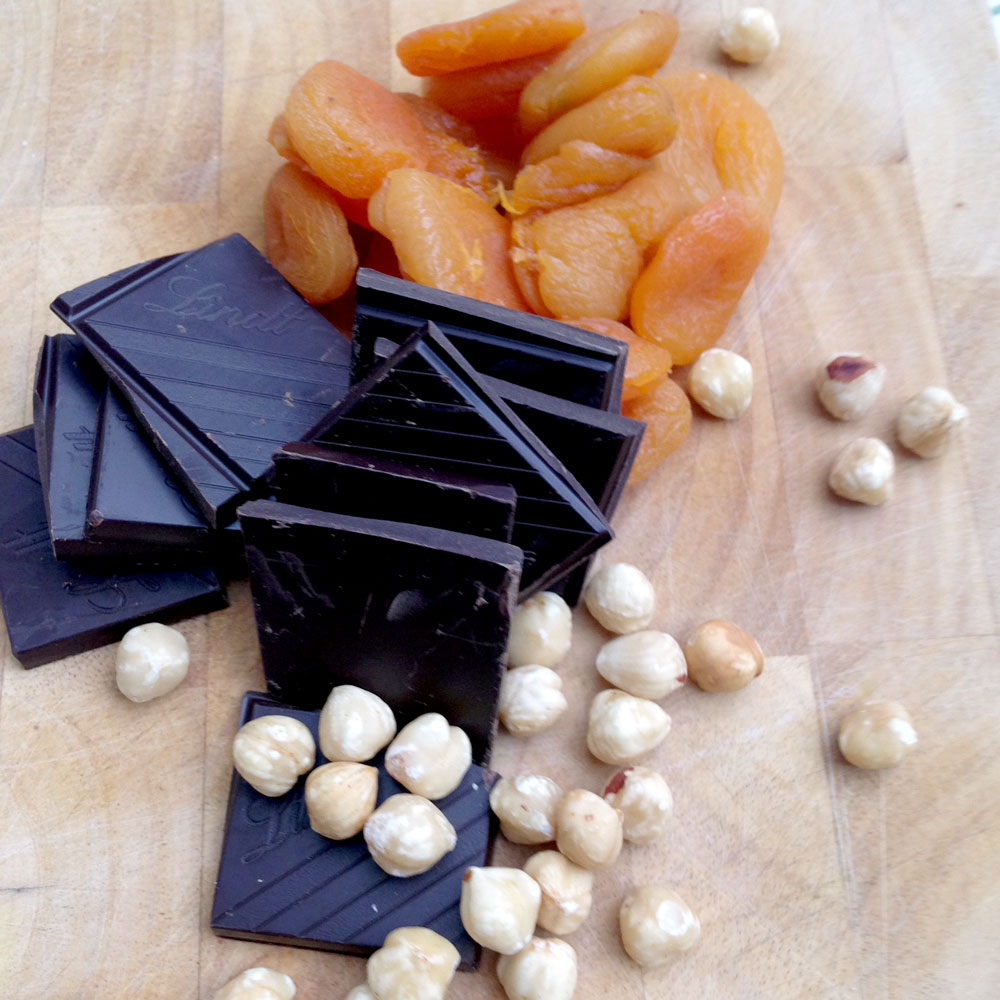
Stevia is much sweeter than sugar, contains no calories and no glucose so it does not affect blood sugar or insulin levels.
Stevia-derived Rebaudioside A is the chemical used by the food industry and it appears it may have a lowering effect on blood pressure and possibly interact with antibiotics, anti-fungals, cholesterol lowering medication and other medications.
Research is inconclusive on the health impact of stevia so if using it, my advice would be to do it sparingly.
Raw Honey is preferable to processed honey as it has not been heated, which destroys its antibacterial properties and the digestive enzymes it contains. Raw Honey’s antibacterial properties have proven useful in wound and burn care and Manuka honey in particular has been found to cure antibiotic resistant infections.
Honey is high in fructose and glucose which can affect your blood sugar levels so consume in moderation and if using raw honey avoid cooking with it.
There are two types of sugar: those occurring naturally in foods such as fruits and vegetables and those added to foods such as pasta sauces, ready meals and fruit drinks. Table sugar or sucrose is a di-saccharide composed of one glucose and one fructose molecule.
The glucose in sugar affects our blood sugar levels, raising them quickly after we eat sweet foods and dropping them dramatically after the glucose in sugar has been taken by insulin into the cells to produce energy…
Most juicing methods remove the fruit fibre so you are left with a very sugary drink that sometimes doesn’t even have any nutrients left because the vitamins and antioxidants have not survived the pasteurisation process. Bottled smoothies tend to be very sugary too as they are diluted with apple or grape juice but contain a bit more fibre from crushed berries and bananas. Fresh juices do contain more vitamins, minerals and antioxidants but try to use a powerful blender…
Fruit contains both glucose and fructose. The high fibre content in fruit helps balance our blood sugar levels as it slows down the absorption of glucose in the intestine and buffers the insulin surge than having a sugar-rich food without any fibre, such as fruit juice, would cause. So, eat fruit as part of a balanced diet but keep your fruit intake, especially those very sweet ones like mango, grapes and bananas, to 2 pieces a day while increasing your antioxidant-rich vegetable intake.
Dark chocolate with high cocoa content (70-80%) is rich in flavanols, a type of flavonoids, that research shows may reduce high blood pressure and maintain healthy arteries. It also contains good levels of antioxidants but still contains sugar so consume in moderation!
Milk, especially if blended with additives, and white chocolate contain significantly less antioxidants. Just remember that the higher the cocoa content, the more health benefits and richer taste.
Dried Fruit
Although high in sugar, dried fruit is high in fibre so the effect on blood sugar levels is more moderate. Dried fruit also contains nutrients such as magnesium which promotes energy production and muscle relaxation, potassium to maintain healthy blood pressure and cooper that supports superoxide dismutase, a powerful antioxidant enzyme. Apricots are a good source of the antioxidant beta-carotene.
Try using dried fruit in cereal bars and muffins instead of sugar to increase fibre and nutrients
Good quality maple syrup that has not been blended with other cheaper sweeteners contains minerals such as iron, calcium, potassium and manganese.
However, maple syrup contains approximately 68% sucrose, i.e. table sugar, so it is not a low sugar alternative.
We buy high quality maple syrup and enjoy it sparingly, ideally with a high fibre and protein meal such as buckwheat blueberry pancakes with Greek yogurt.
Fruit juice concentrate
Grape juice
Dextrose
Glucose
Fructose
Malt syrup
Barley syrup
Rice syrup
Corn Syrup
Inverted Syrup
High Fructose Inverted Syrup
Maltose
Maltodextrin
Blackstrap molasses
Barley malt
Cane juice
Inverted sugar
Molasses
Treacle
Maple syrup
Honey